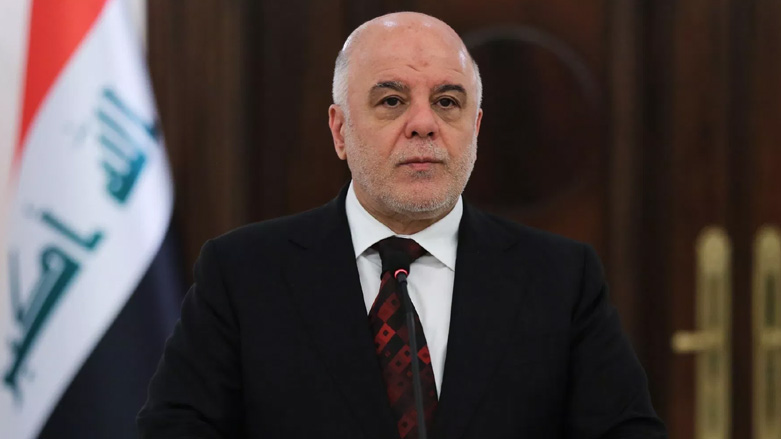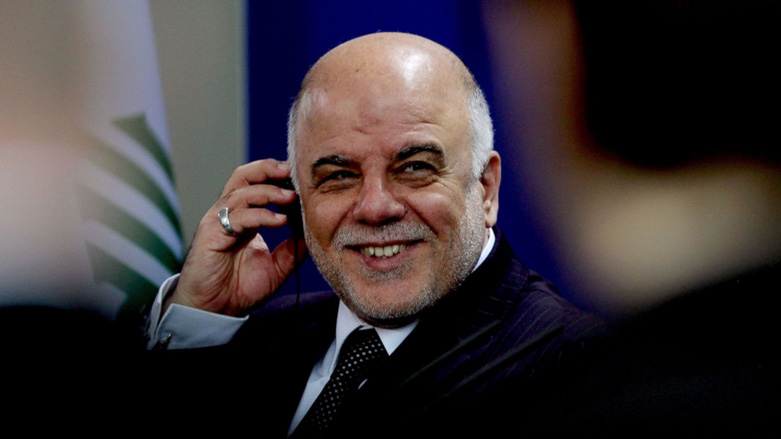Iraqi PM says he is not seeking re-election, will not serve second term

ERBIL (Kurdistan 24) – As the country moves forward to form a new government, the incumbent Prime Minister of Iraq says he is not seeking to serve in the second term.
“We respect and obey the instructions of the religious authority Ayatollah Ali al-Sistani. I did not and will not request the post of prime minister for a second term,” Abadi told reporters in Baghdad during a press conference on Thursday.
As protests continued in the south of the country and turned to violence, Iraq’s supreme Shia spiritual leader, Sistani, recently stated that he “does not support a [candidate for the role of] prime minister that is chosen from politicians that were in power in the past years.”
Sistani called for a fresh face to head the new federal government of Iraq for the next four years as people the oil-rich Basra demand better public services, clean water, electricity supply, and an end to widespread corruption in government institutions.
Abadi, who formed Nasr (Victory) coalition for the May 12 national election, came out in third place with 42 seats out of a total 329 seats available in the Iraqi Parliament.
“I do not want a second term. I don’t cling to a second term. We will transfer power peacefully,” Abadi said at the presser.
His statement comes as Iraqi major Shia parties struggle to form the largest parliamentary bloc to elect a Speaker, Deputies, and a new Prime Minister.
The Iraqi Parliament is set to convene on Saturday to elect the new Speaker and President of Iraq, after its failed attempt on the first session, which was held earlier this month, on Sep. 3.
According to an informal system of power-sharing in Iraq, a member of the Shia community holds the Prime Minister post, a Sunni Iraqi is speaker of parliament, and a Kurd holds the presidency.
Since the fall of the authoritarian regime in Iraq in 2003, Kurds in Iraq have been playing the role of kingmaker in choosing the country’s Prime Minister, considering their number of seats that can swing the vote one way or another for Iraq’s Premier.
Most of the Kurdish parties, including the leading Kurdistan Democratic Party (KDP) and the Patriotic Union of Kurdistan (PUK), are yet to decide which parliamentary bloc they will join to help form the new government as they negotiate to secure more Kurdish rights.
Editing by Nadia Riva

